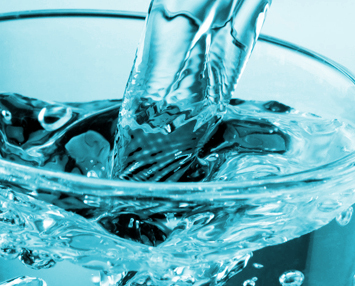Legionella sweep completed
 A new study of domestic and hospital drinking water systems found Legionella in 41 per cent of samples.
A new study of domestic and hospital drinking water systems found Legionella in 41 per cent of samples.
Legionnaires' disease is a severe pneumonia-like infection that can be fatal. Globally the number of Legionnaires’ disease cases is increasing, with elderly and immunocompromised people at the highest risk.
Researchers from Flinders University have tested for Legionella and its likely amoebae hosts in 140 samples of water or biofilm (the slime found on showerheads and end of faucets) to understand how the potentially dangerous bacterium colonises and proliferates in both domestic and hospital plumbing and poses a threat to human health.
The experts were able to make a key connection between the pathogen’s co-existence with a ‘host’ microorganism in all samples tested.
The study found Legionella bacteria “infect the amoeba host and then once inside these hosts are protected from disinfection strategies”, says Flinders University Associate Professor of Environmental Health Harriet Whiley.
“Having a better understanding of the relationships between these amoebae and Legionella is an important step in improving future water treatment processes aimed at controlling Legionella and preventing Legionnaires disease.”
L. pneumophilia is the main cause of Legionnaires' disease and is not transmitted from person to person but caused by inhalation or aspiration of contaminated water.
Maintenance and monitoring of water systems is a common preventive step to reduce public risk.
“To our knowledge, this is the first time the amoebae Allovahlkampfia and Stenamoeba have been demonstrated as hosts of L. pneumophila in Australian drinking water,” says Flinders University PhD candidate Muhammad Atif Nisar, who conducted the study.
The findings support the need for further research to investigate the prevalence of Legionella as well as free-living amoebae in domestic and commercial water systems and to improve guidelines to better control water systems and safeguard public health.
“Free-living amoebae are ubiquitous in the environment and cause both opportunistic and non-opportunistic infections in humans. Some amoebae are the natural reservoirs of opportunistic plumbing pathogens, such as Legionella pneumophila,” says Mr Atif Nisar.
“There is a need for future research to improve disinfection strategies against amoeba to reduce their colonisation within building drinking water systems.”
The full study is accessible here.








 Print
Print